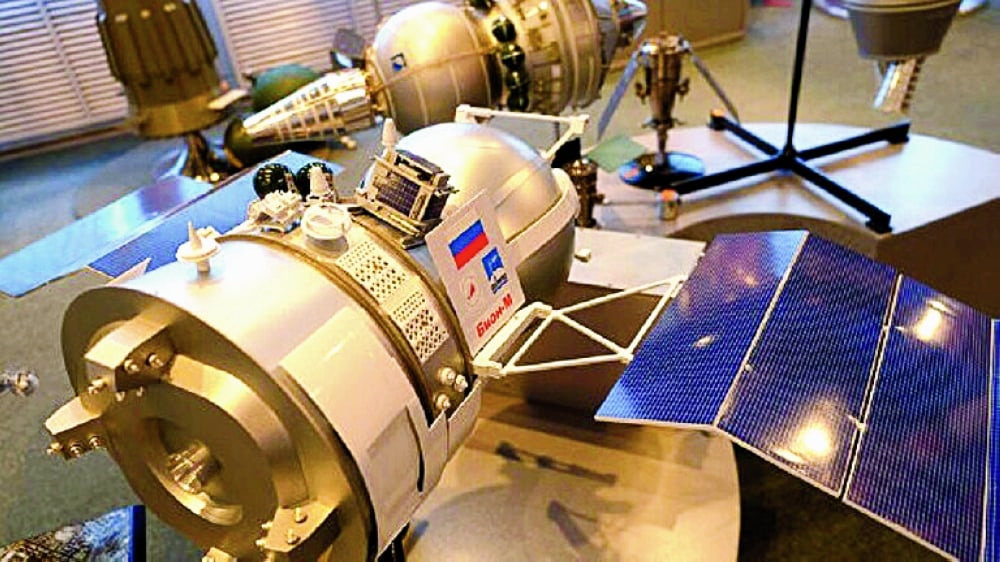Successful landing of "Bion_M 2" Russian with living organisms to study the effects of space
September 19, 2025225 ViewsRead Time: 2 minutes

Font Size:
16
The landing module of the Russian biological satellite "Bion_M" No. 2 successfully landed in the steppes of Orenburg region, carrying living organisms, according to the Russian space agency "Roscosmos".
The agency explained in a statement published via "Telegram" that the vehicle was launched from the Baikonur Cosmodrome on August 20, and spent 30 days in space before returning to Earth, carrying with it 75 male mice, and about 1500 fruit flies, in addition to cell cultures, plants, and samples of grains, legumes, and technical crops.
The project "Bion_M" No. 2 aims to study the effects of space radiation, which is one-third higher in its orbit than that in the International Space Station orbit, as well as the effects of microgravity on living organisms.
The vehicle weighs 6.4 tons, and is part of a long series of Russian spacecraft dedicated to biological research, which began with the "Kosmos_605" vehicle in 1973, and then the first satellite of the "Bion_M" series was launched in 2013, carrying at that time mice, Mongolian gerbils, reptiles, plants, and microorganisms.
After the landing of the ground module, the living organisms will be transported to Moscow to complete studies and research related to the effects of space on them, opening new horizons for understanding how living organisms withstand harsh space environments.
This project reflects Russia's continued leadership in space biological research, and its results are expected to contribute to the development of space sciences and related technologies.